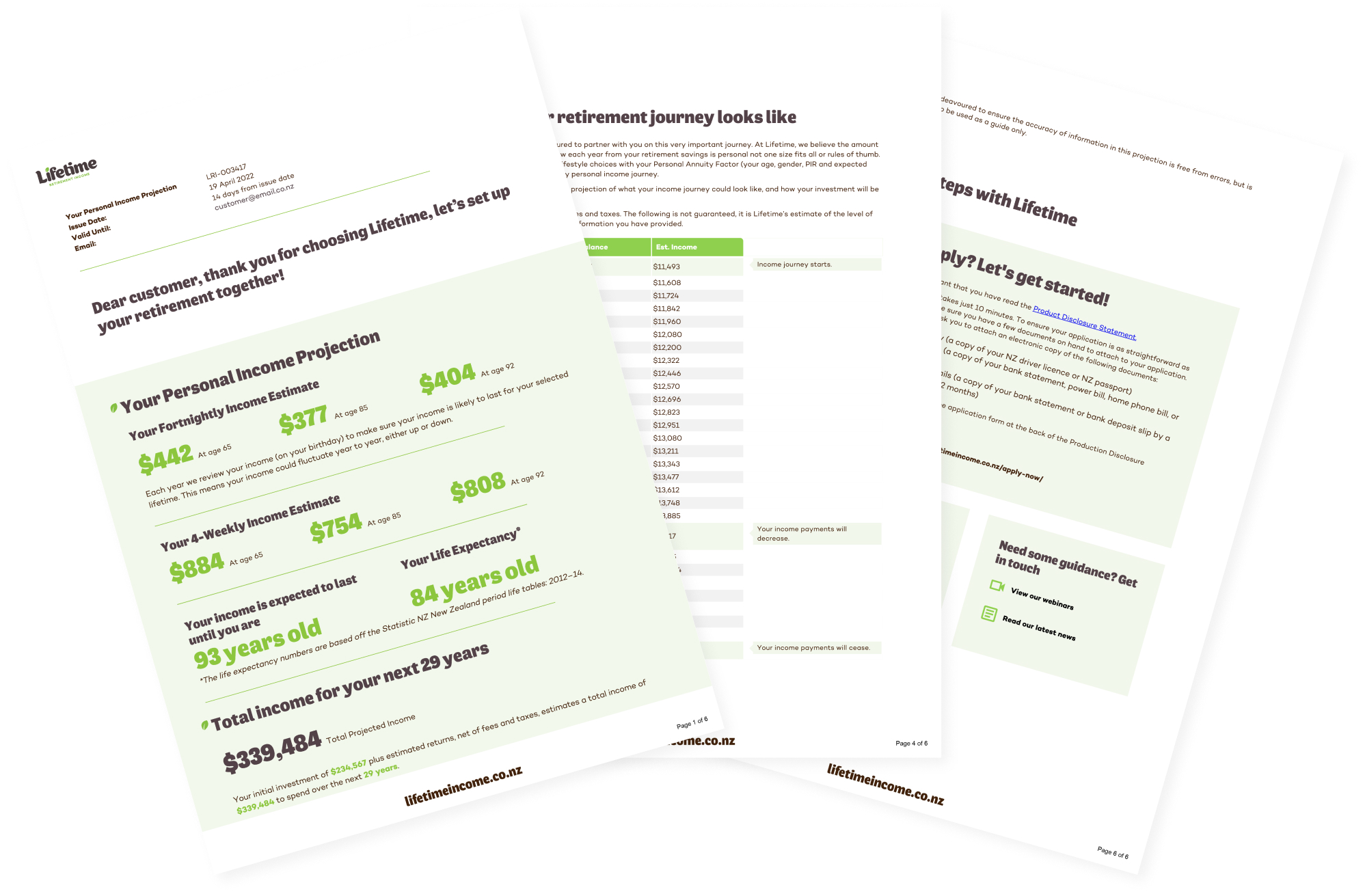Retirement Life
20 August 2025
Nine tips to beat food inflation
While broader inflation has come down from the heady covid days, sticker shock at the supermarket checkout still feels like a common event. And we’re not imagining things. Food prices in New Zealand rose 4.6% in the year to June 2025, according to Stats NZ (Click to View), with dairy leading the charge: butter is up nearly 47% in a year, cheese 30%, and milk 14%.
The Commerce Commission’s latest Annual Grocery Report (Click to View) offers some clues as to why. The major supermarket chains still hold 82% of the market, and while city shoppers often have other options, many in smaller towns face a virtual monopoly. Add in high barriers for new competitors and it’s no wonder our prices remain above the OECD average.
Grocery Commissioner Pierre van Heerden says he knows there is appetite for change, and it can't come quick enough for Kiwis who are feeling the pinch at the checkout.
“Change in an industry this large and entrenched will take time and deliberate, co-ordinated effort,” he says.
But there’s no reason to wait to start saving. Here are nine tried-and-true tips that could help your grocery budget go further.
1. Set a grocery budget (and stick to it)
It sounds basic, but knowing exactly what you want to spend each week is the first step to controlling costs. Factor in non-food items like cleaning products and toiletries. If temptation gets the better of you in-store, try the “cash envelope” method: divide your monthly budget into four envelopes and only take one to the supermarket each week.
Calculate what you could draw in retirement.

2. Plan your meals around sales
Rather than deciding what to cook and then buying the ingredients, flip the process. Check store specials first, then plan your meals accordingly. If mince and tomatoes are on sale, spaghetti bolognaise might be on the menu. Price-tracking your top 10 regular purchases will also help you spot genuine deals.
The “reduced to clear” section can be a goldmine, offering steep discounts on short-dated or re-packaged items - especially useful if you plan to eat the item soon or can freeze it.
3. Stretch the time between shops
Resist the urge to “just pop in” for one or two things as it often leads to impulse spending. Instead, delay your next supermarket visit and use what you already have. Challenge yourself to create a “use-it-up” meal once a week, where you raid the fridge, freezer, and pantry for odds and ends, saving both money and food waste.
4. Buy in season – or buy frozen
Seasonal produce is usually cheaper, fresher, and tastier. And if it’s grown close to home, you should save on transport costs, too. If you have a farmers’ market near you, compare prices with your supermarket. It’s often cheaper to buy directly from the source.
When your favourites are out of season, frozen and canned options are excellent stand-ins and often just as nutritious. Frozen fruit and veg is also prepped and ready to use, so there’s no waste from discarded stalks or peelings.
5. Make your meat go further
Meat is one of the biggest grocery expenses. Buy cheaper cuts and slow-cook them for tenderness, or reduce portion sizes and bulk out dishes with vegetables, lentils, beans, rice, or pasta. Spaghetti bolognaise, chilli, or meatballs can be just as tasty (and more filling) with half the meat and extra veg.

6. Choose ingredients that can multi-task
Look for foods that can do double (or triple) duty. A roast chicken could be dinner one night, sandwiches the next day, and soup from the bones later in the week. Mince can become bolognaise, meatballs, or burritos. This way, you buy fewer ingredients and waste less.
7. Shop house brands
Store brands like Pam’s or Woolworth’s Own and Essentials are often made by the same producers as big-name products but cost far less. In many cases, you won’t notice the difference, except at the checkout. Swapping just a few branded items for house brands can shave $20–$30 off your bill.
8. Avoid “budget creep”
Supermarket aisles are designed to tempt you into spending more. If you know this is a problem for you, consider grocery shopping online. This also makes it easier to see whether you’re sticking to your budget in real time, rather than being surprised at the checkout.
Be mindful of extras like snacks, ready-meals, and fancy blends or marinades you could make yourself. A good rule: the more ingredients on the label, the more likely you can make it cheaper at home.
9. Join Loyalty programmes
Supermarkets often have loyalty programmes that offer members better deals and offers. These programmes are usually free, and earning points through regular purchases can be exchanged for discounts on groceries, fuel and other things.

Project your retirement income.
Invest with Lifetime for a retirement income managed for living.
